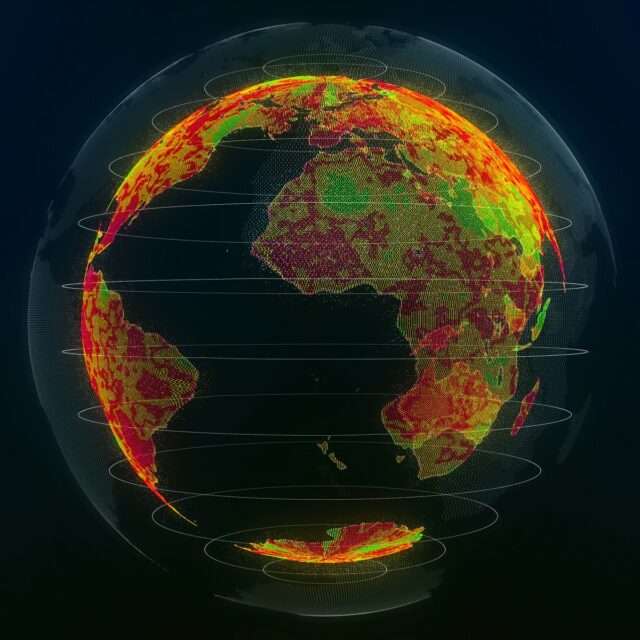- Home
- Publications
- Commentary: The Stern Review’s Economics Of Climate Change
Commentary: The Stern Review’s Economics of Climate Change
 Pub. Date
Pub. Date
 Pub. Type
Pub. Type
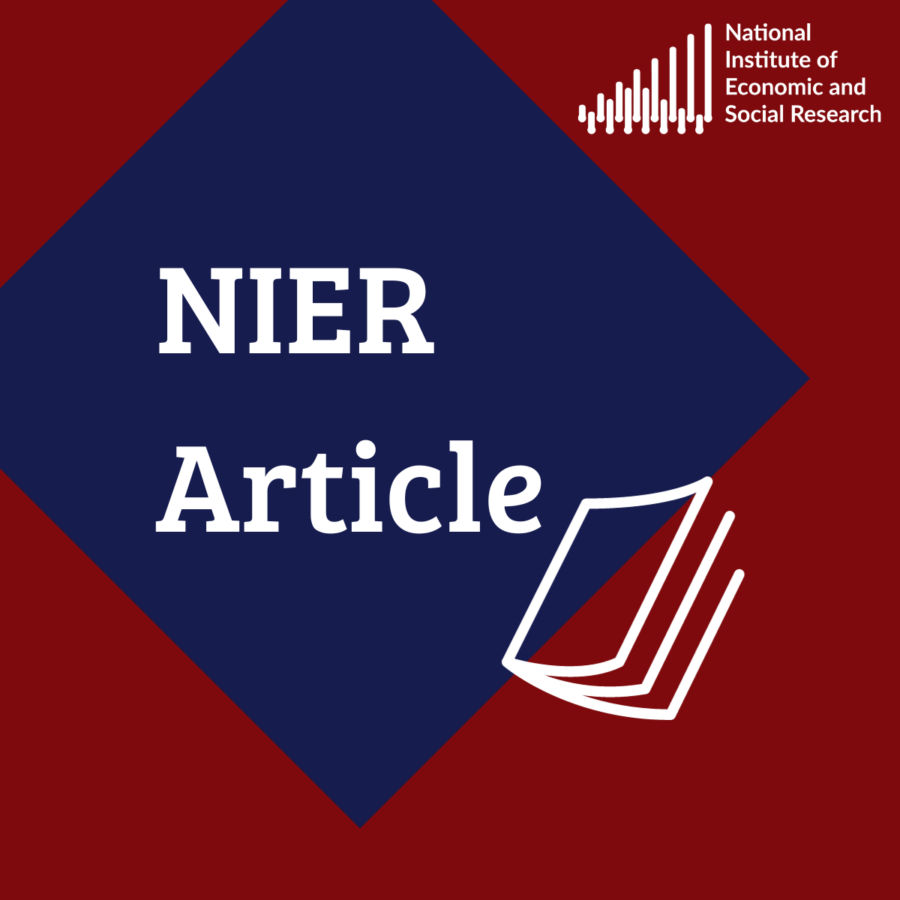
External Authors

Partha Dasgupta
Related Themes
Macro-Economics of Climate ChangeJournal
National Institute Economic Review, No. 199
External Resources
When economists analyse public policy, they take two sets of considerations into account. First, they identify the ways in which the world might work (the ways in which people would choose under various circumstances, the pathways Nature chooses, and so on). Once that task is done, they are able to chart the consequences (perhaps long-termconsequences) of alternative policies. Secondly, they value those consequences so as to be able to judge the relative desirabilities of the alternative policies. The former set of exercises involves description, while the latter involves evaluation. Disagreements over the desirability of alternative public policies arise when people don't agree on facts (e.g., the economic effects of a doubling of carbon concentration in the atmosphere) or when they don't agree on values (e.g., the way our well-being ought to be balanced against the well-being of all those future thems). Usually, of course, both facts and values are subject to dispute.
Related Blog Posts
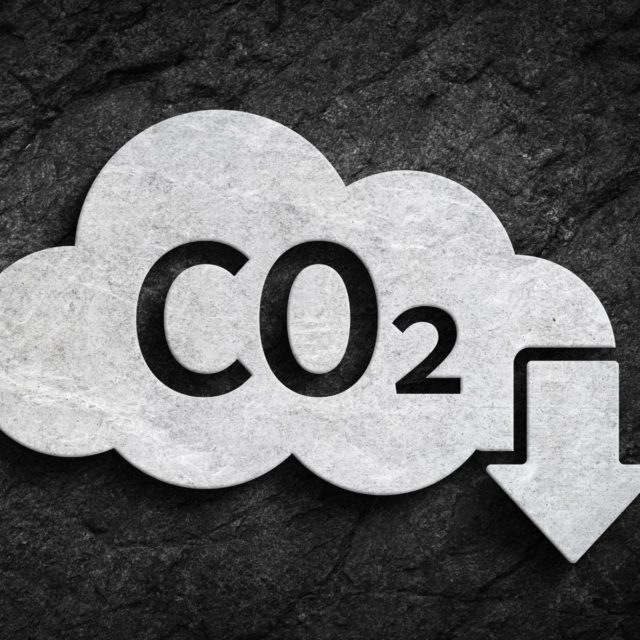
Related Projects
Related News


Carbon tax could temporarily raise inflation and lower GDP in most OECD economies, NIESR study shows
05 Nov 2021
3 min read

Press Release: NIESR’s Findings used as part of Phase II of NGFS Climate Scenarios
07 Jun 2021
2 min read

Press Release: NIESR joins the NGFS modelling consortium to design climate change scenarios
16 Feb 2021
3 min read
Related Publications

Energy and Climate Policy in a DSGE Model of the United Kingdom
08 Mar 2024
Discussion Papers

Adam Smith and the Bankers: Retrospect and Prospect
04 Jan 2024
National Institute Economic Review

On the Promises and Perils of Smithian Growth: From the Pin Factory to AI
04 Jan 2024
National Institute Economic Review

Economic Progress and Adam Smith’s Dilemma
04 Jan 2024
National Institute Economic Review
Related events

Dow Lecture with James Talbot: Climate Change, the Macroeconomy and Monetary Policy

NiGEM Workshop: The Climate Model in NiGEM

NiGEM Workshop: Climate Model in NIGEM

NiGEM Workshop: Short-Term Impact from a Rapid Increase in Carbon Taxes

NiGEM Workshop: The Climate Model in NiGEM

NiGEM Workshop: Climate Model in NIGEM
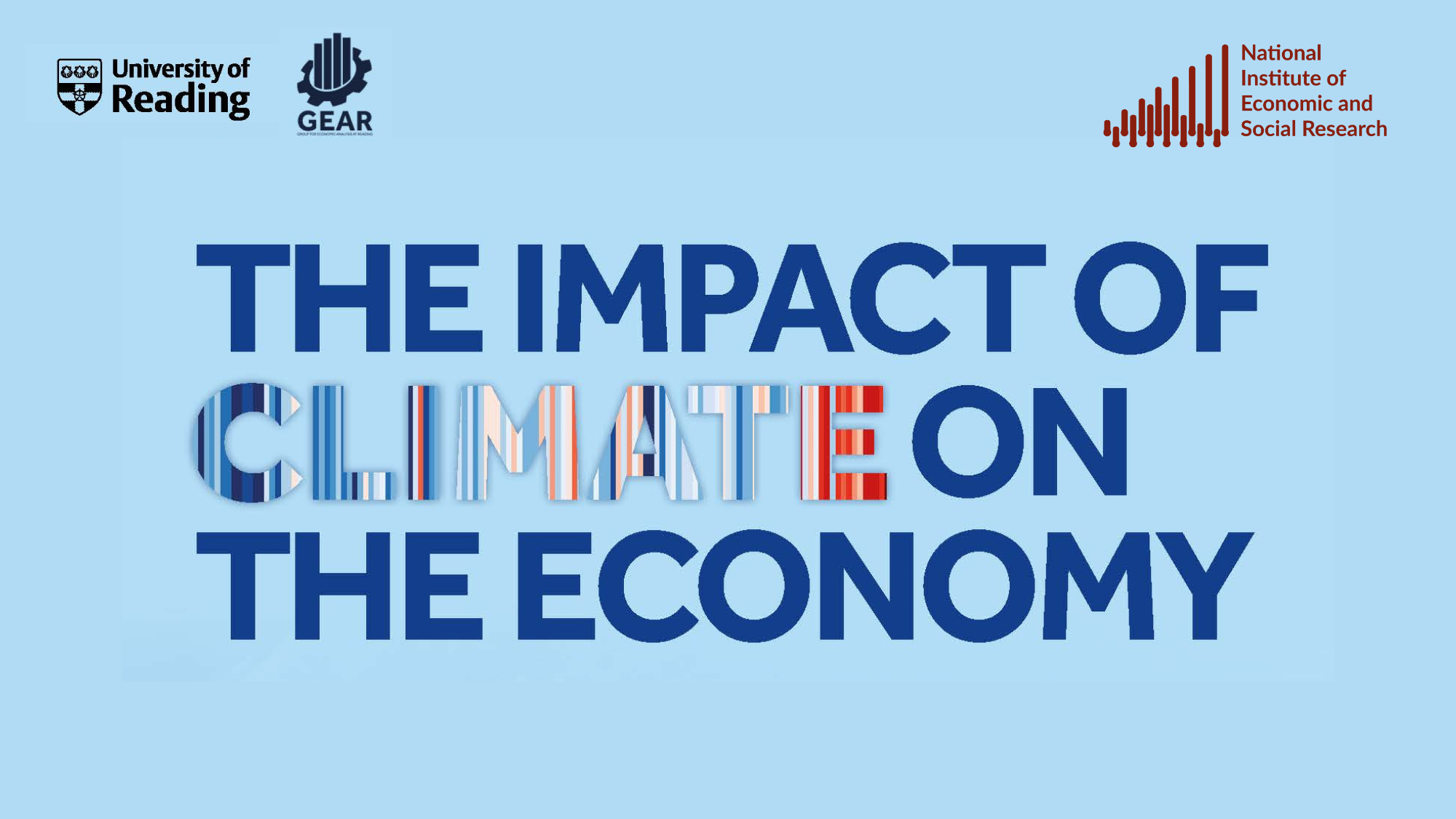
Multidisciplinary Workshop on The Impact of Climate on the Economy
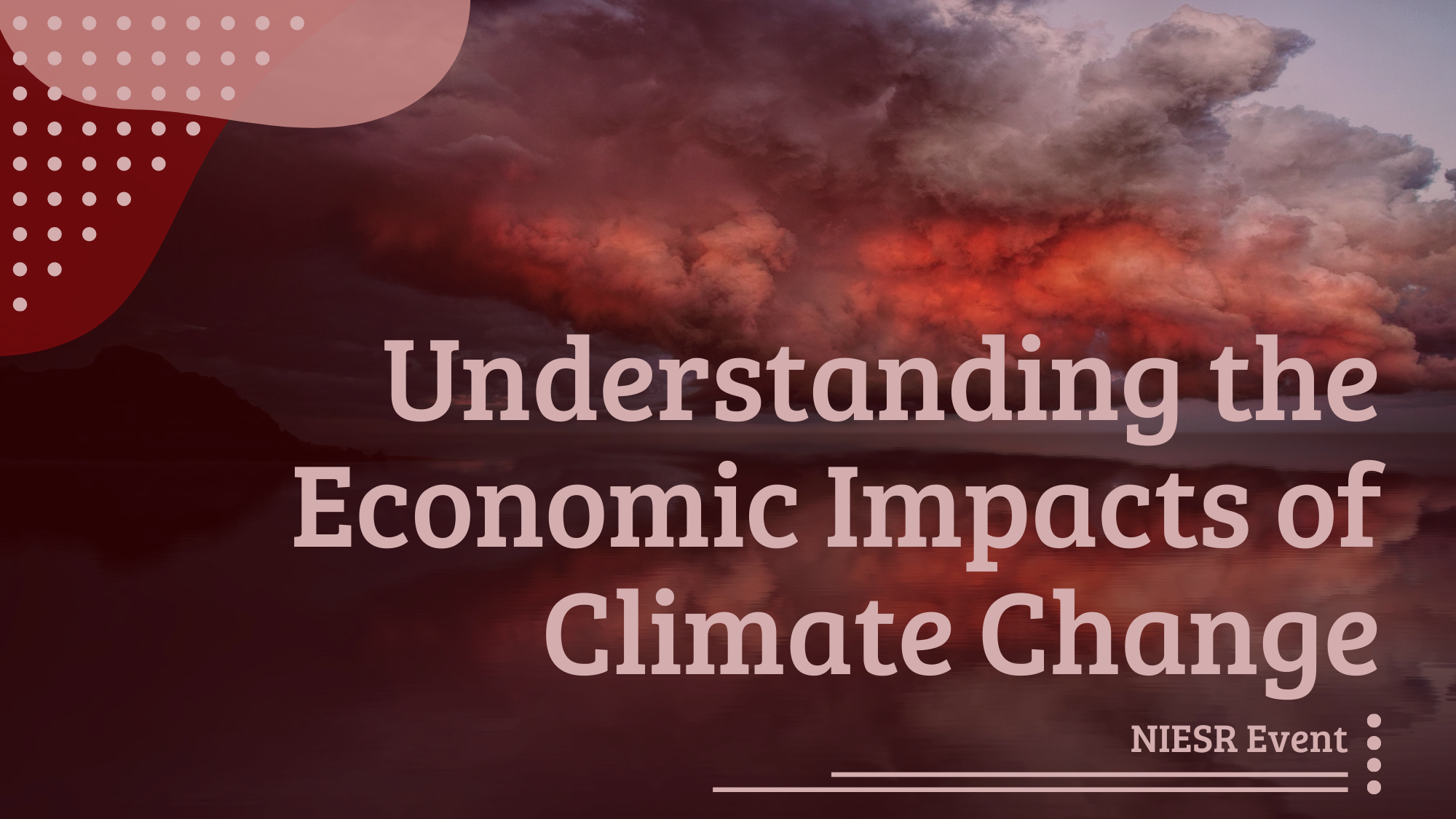
Understanding the Economic Impacts of Climate Change



